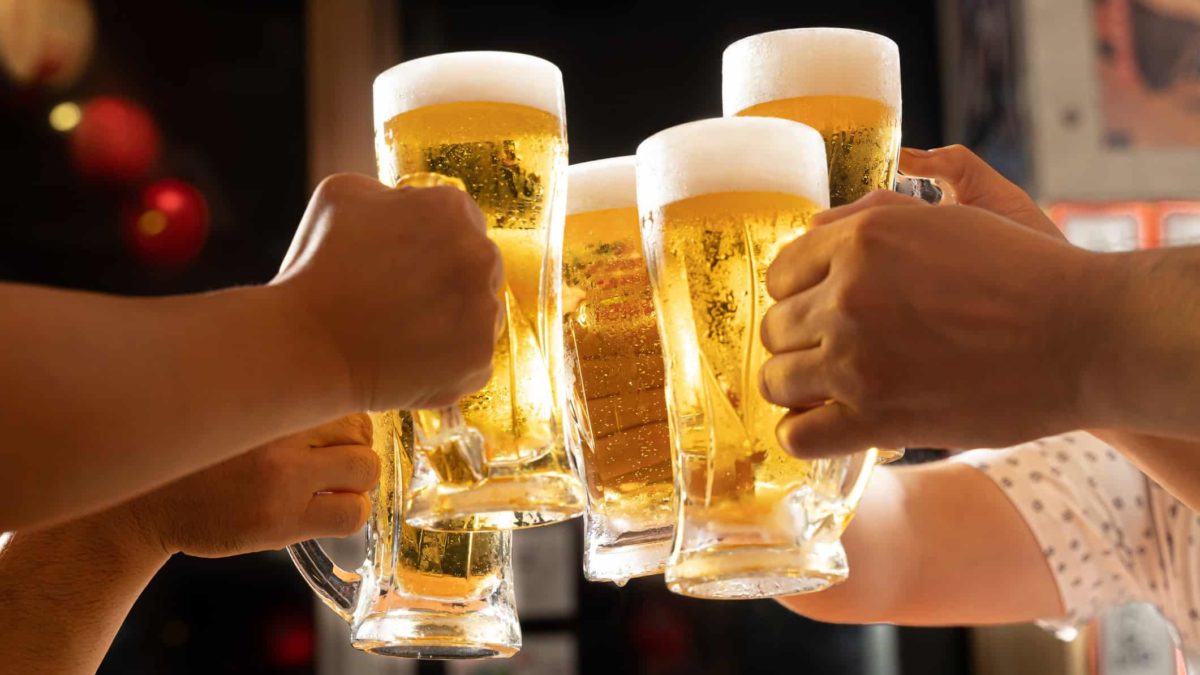Last week, the S&P/ASX 200 Index (ASX: XJO) saw something rather rare – a new top 50 company join it out of the blue.
That's what happened when Endeavour Group Ltd (ASX: EDV) hit the ASX boards for the first time.
Spun out of Woolworths Group Ltd (ASX: WOW), Endeavour is the old drinks business of Woolies. It owns the Dan Murphy's and BWS bottle shop chains, as well as a number of licensed establishments, mostly in Queensland.
It might not be the only ASX 200 blockbuster demerger that 2021 will see, either.
Earlier this week, we learned that AGL Energy Limited (ASX: AGL) is also advancing plans for its own spin-off.
The (relatively ancient by ASX standards) company is planning on dividing down the middle. Its energy retailing business will remain 'AGL' and its generation business will separate into 'Accel Energy'.
ASX sees a deluge of ESG-driven splits
Investors are already speculating about what the future holds for these two companies.
One thing they have in common is their unappealing nature from an ESG (environmental, social and corporate governance) perspective.
Ethical investors who assess ESG criteria for their investments are not usually enchanted with businesses like AGL or Endeavour — companies that help burn coal for electricity (AGL/Accel) and sell alcohol (Endeavour).
As such, it's not likely that either of these companies will be cropping up in any ASX ethical ETFs.
In a report in the Australian Financial Review (AFR) this week, a number of fund managers stated that investors should prepare for a 'permanent discount' in the Endeavour share price due to these concerns.
Sage Capital portfolio manager, Sean Fenton told the AFR: "There are some investors who aren't going to invest in companies with alcohol and gaming.".
So, should investors interested in AGL or Endeavour just not bother?
Ethical or non-ethical… Does it even matter?
Well, let's look to what many would consider an unsavoury company for some answers.
Altria Group Inc (NYSE: MO) is a tobacco giant that's better known by its former name, Philip Morris. It's the company behind the infamous 'Marlboro Man' ads of yesteryear.
Now, we've known about the dangers of tobacco use since the 1960s. Thus, in subsequent decades, many investors have shunned Altria shares over ethical concerns.
This lead to the company having a low share price relative to its earnings for much of this period.
However, these ethical concerns did nothing to damage Altria's success from an investing standpoint.
As our Fool colleagues over in the US pointed out a couple of years ago, Altria has been one of the best-performing stocks of all time since its initial public offering (IPO) back in 1938.
Here's some of what our US colleagues wrote about the company:
A dollar invested in Altria in 1968 turned into $6,638 by 2015 with dividends reinvested, good for a 663,700% total return, or 20.6% annually.
Bad ethics don't mean bad returns
This situation has also been discussed by The Motley Fool's chief investment officer, Scott Phillips.
If a company is trading relatively cheaply compared to its earnings, and its earnings are still growing, that can be a very powerful foundation for good investment.
For investors who reinvested Altria's ever-growing dividends (it has grown its dividend for more than 50 years), it has been an even more spectacular performer. ESG or no ESG.
No one can deny the moral dilemma of investing in a company that is doing ethically questionable business.
There's nothing wrong with deciding a company isn't a good investment for you because of its values or practices. Just don't confuse ethics with potential performance capability.
Altria's history proves that a company can be both subjectively unsavoury and a good investment. The same could prove true with either Endeavour or Accel Energy.









